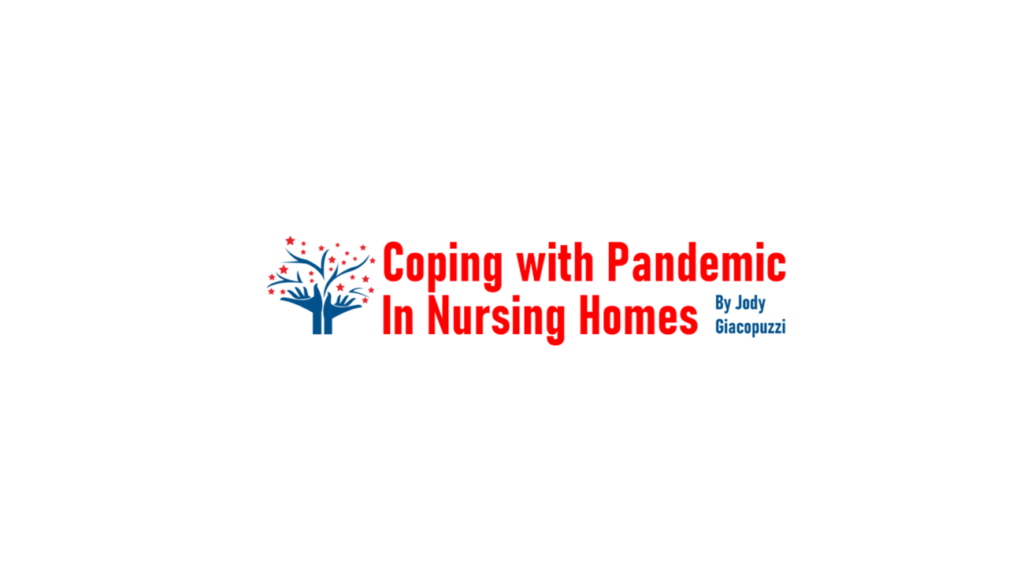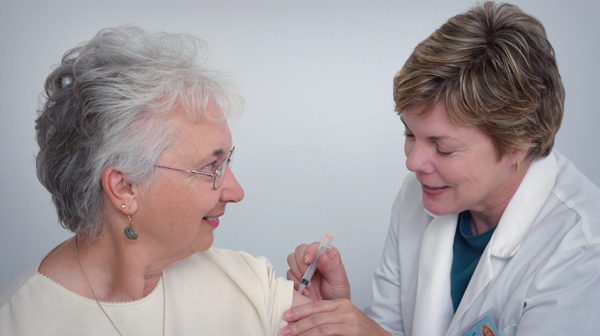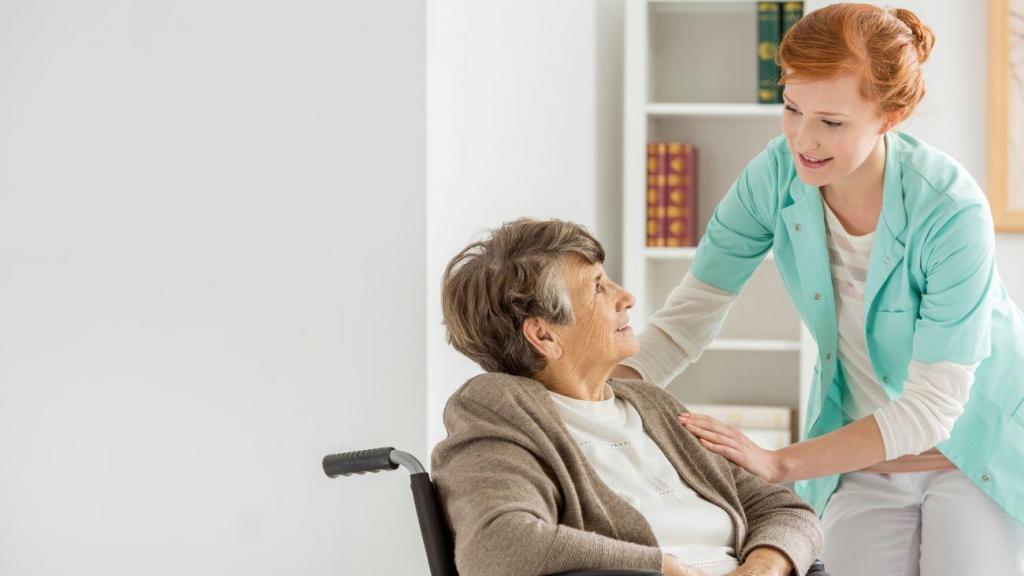
Coping with Pandemic in Nursing Homes – Part 1
As a nursing home first responder, do you feel like the entire world has been turned upside down and landed on your shoulders? As you scramble to keep residents healthy and content, deal with their anxious families, comfort colleagues, and practice social distancing, how are you doing? As the flight attendants remind us, are you remembering to first adjust your own oxygen mask before helping others?
This is something we all know but often fail to do. Even though we realize people depend on us to remain strong and in control, putting our own health and wellbeing first is counterintuitive. In fact, research coming out of China published in JAMA Psychiatry shows that first-line responders are reporting 40-50 percent more depression, 40 percent more anxiety, and 35 percent are reporting difficulty sleeping.
As a psychosocial consultant to nursing homes – the arena hit hardest by this pandemic – I’m here to remind you to prioritize your own self-care at home and at work. My gift to you (and to anyone else you think might benefit) is this free weekly newsletter. Each issue of Coping with Pandemic in Nursing Homes will combine the latest research-based information I find on maintaining emotional health with my 35 years of experience in this industry. My plan is to translate the research into practical solutions for the challenges facing you and your family. I’ll also be including handouts to share with residents and their families.
In this inaugural issue, I want to pass along some great tips from Harvard’s Dr. Luana Marques, President of Anxiety and Depression Association of America.
AT HOME
- Unplug. Limit your news viewing to a half hour. Then turn it off and allow your brain to settle. When we turn on the news and hear stories of death, economic loss, grief and sadness, we quickly start to feel our heart pounding and we feel the sense of tension, anxiety, and fear. That is our normal fight or flight response – our biologically adaptive response in moments of tension. While the feeling is normal and natural, too much of it is bad for our health.
- Anchor. To fill in the time normally spent on catching up with the news, do an activity that will help settle your mind and anchor you. Try walking, meditation, reading a book, listening to music, immersing yourself in a hobby, playing games with your family, or calling a friend, for example. Think of it as “cooling off your brain” from the fight or flight response you’ve been experiencing.
- Charge up. For the sake of both your mental health and your immune system, make sure you are eating nutritious food, taking some time to exercise, and getting a good night’s sleep. This step is not optional!
AT WORK
- Unplug (again). Turn off your phone for a bit when you can. Do not watch the news while in residents’ rooms.
- Breathe. Rather than rushing from resident to resident or from meeting to meeting, stop and take at least 30 seconds to focus on breathing between each interaction.
- Take your breaks. Find a space to sit down to eat and self-soothe and/or connect with co-workers.
- Stay connected. Reach out to your co-workers. Acknowledge your own and their feelings. Provide emotional support. Share experiences of special connections with residents, or what is personal.
Finally, remember that it is okay to not be okay right now. It is okay to have strong emotions. If you try these tips, but feel like you need more help, consult a psychosocial professional. Hold onto these two thoughts: “You are not in this alone,” and “This will eventually pass.”



